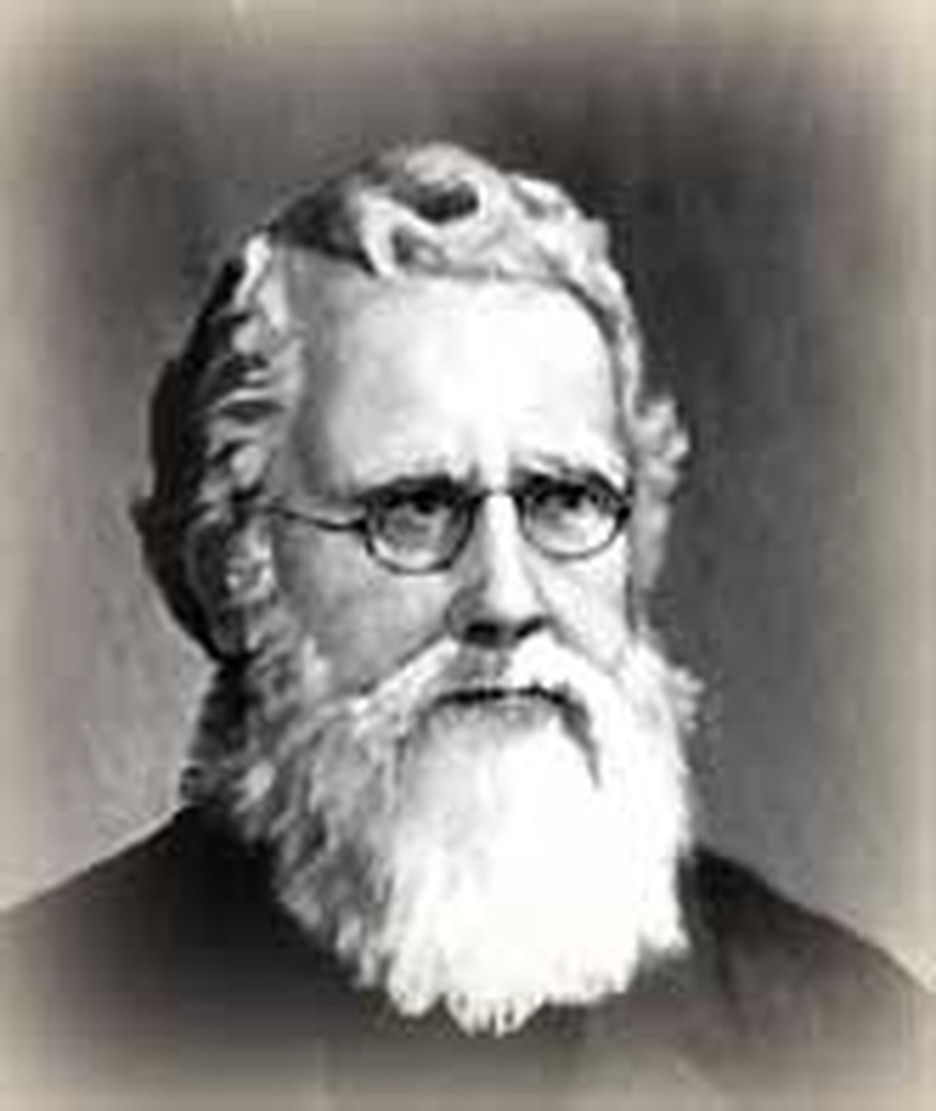
"Why did you not come sooner?" The man's question burned in Hudson Taylor's soul as he thought of the millions of Chinese who had never heard of Christ. The middle-aged man was one of the leading officers of a sect of reformed Buddhists in China. He had long sought truth by studying Confucianism, Buddhism, and Taoism; but not until he heard the Gospel of Jesus did he find rest for his soul. He eagerly testified to the Buddhists of the peace he had, and he began preaching Christ to his fellow countrymen.
Shortly after his conversion he had asked Taylor how long the gospel had been known in England. When he was told it had been known for hundreds of years, the man was shocked. What! For hundreds of years you have had these glad tidings and only now have come to preach it to us? My father sought after the truth for more than twenty years, and died without finding it. Oh, why did you not come sooner?
His "Impossible Dream"
Hudson Taylor was challenged and determined that every province in China
would hear the gospel. It seemed an impossible task because of the largeness
of the country, the immense size of the population, and the closed political
situation. But Taylor believed that the responsibility for the mission
rested with God, not with men.
Hudson Taylor was born in Yorkshire, England in 1832. After a brief period of teenage skepticism, he came to Christ by reading a Christian tract in his father's apothecary store. A few months after his conversion, he consecrated himself wholly to the Lord's work. He sensed the Lord was calling him to China, and he began studying medicine and lived on as little as possible, trusting God for his every provision.
Fundraising Strategy
In 1853, the twenty-one-year-old Taylor sailed for China as an agent of
a new mission society. He arrived in Shanghai the next spring and immediately
began learning Chinese. Funds from home rarely arrived, but Taylor was
determined to rely upon God for his every need, and he never appealed
for money to his friends in England. Repeatedly he later told others,
"Depend upon it. God's work, done in God's way, will never lack for
supplies."
In those days, foreigners were not allowed into China's interior; they only were allowed in five Chinese ports. Hudson Taylor, however, was burdened for those Chinese millions who had never heard of Christ. Ignoring the political restrictions, he traveled along the inland canals preaching the gospel.
Difficult Days
In one of his early letters home he wrote: At home, you can never know
what it is to be absolutely alone, amidst thousands, everyone looking
on you with curiosity, with contempt, with suspicion, or with dislike.
Thus to learn what it is to be despised and rejected of men...and then
to have the love of Jesus applied to your heart by the Holy Spirit...this
is precious, this is worth coming for.
Taylor did not long remain totally alone, however. In 1858 he married Marie Dyer, an English orphan who was working in a school for Chinese girls in Ningpo.
By 1860, foreigners were able to legally travel anywhere in China, missionaries were allowed, and the Chinese were permitted to convert to Christianity.
At a time when tremendous opportunities were opening up in China, ill health forced Taylor, with his wife and small daughter, to return to England. What seemed at first to be a setback in his mission work turned out to be a step forward. While in England recovering his health, Taylor was able to complete his medical studies. He revised a Chinese New Testament and organized the China Inland Mission. The Mission's goal: To bring the gospel where it had never been brought before.
Twenty-two people accompanied Taylor back to China in 1866. They were aware of the "utter weakness in ourselves, we should be overwhelmed at the immensity of the work before us, were it not that our very insufficiency gives us a special claim to the fulfillment of His promise, 'My grace is sufficient for thee; My strength is made perfect in weakness.'"
The sufferings and hardships multiplied: Taylor's daughter died from water on the brain; the family was almost killed in the Yang Chow Riot of 1868; Maria, Taylor's first wife, died in childbirth; his second wife died of cancer; sickness and ill health were frequent. Yet, the China Inland Mission continued its work of reaching China's millions for Christ. By 1895 the Mission had 641 missionaries plus 462 Chinese helpers at 260 stations. Under Hudson Taylor's leadership, C.I.M. had supplied over half of the Protestant missionary force in China. During the Boxer Rebellion of 1900, 56 of these missionaries were martyred, and hundreds of Chinese Christians were killed. The missionary work did not slack, however, and the number of missionaries quadrupled in the coming decades.
Chinese Christians proved remarkably resiliant under Communism. They did not die out but multiplied many-fold in one of the greatest expansions in church history.
Not English but Chinese |








